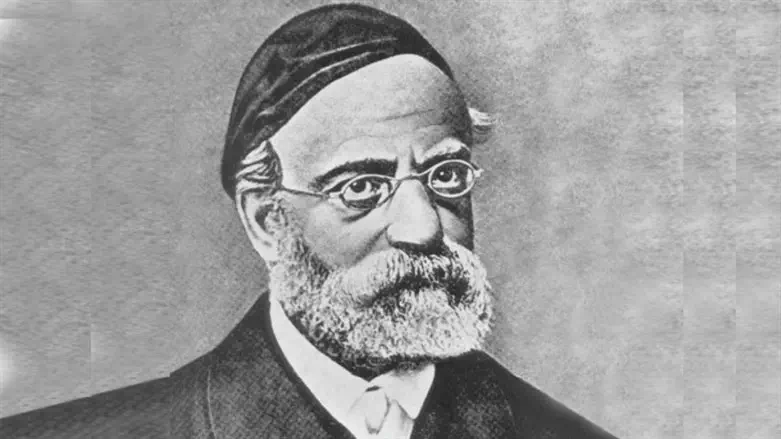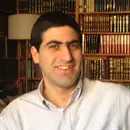
Tishre inspires deep emotions – even among many non-observant Jews. But emotions alone can be pointless, even downright dangerous. Indeed, for some people, they serve as a substitute for genuine service of G-d.
Commenting on such Jews, Rav Samson Raphael Hirsch writes: “This is the month when the worst mischief is wrought with ‘tears,’ ‘emotions,’ ‘sentiments of devotion’ and ‘religious moods.’ This is the month when a few days are devoted to manifestations of awe and penitence for the benefit of Almighty G-d, complete with obligatory tremors of the heart, tear-sodden sermons, stirrings of reverence…. All this is intended to foster the belief [among these bourgeois Jews] that, by indulging such sentimental excursions, they have…performed sufficient ‘religion’ to last them through the coming year.’”
Of course they haven’t, but what should we make of Rav Hirsch’s criticism of “tears” and “religious moods”? Aren’t the shofar blasts of Rosh Hashanah supposed to stir mawkish feelings within us?
No, not necessarily. Rav Hirsch notes that the Torah actually “first introduces” Rosh Hashanah to us, “not as yom teru’ah but as zichron teru’ah” (not as a day of teruah, but as a remembrance of teru’ah). G-d desires “remembrance, recollection, reflection: in other words, an intellectual activity that is definitely alert, clear, and lucid.”
On Rosh Hashanah, He wants us to consider “explicit, specific ideas” – malchuyos, zichronos, and shofros, all of which are rooted in the Torah, given to us by G-d at Mt. Sinai. We recite 30 verses related to malchuyos, zichronos, and shofros in Shemoneh Esrei on Rosh Hashanah and introduce them with the words “kakasuv b’sorasecha – as is written in Your Torah.” These two words are so central that, amazingly, if a person says them while completely omitting the actual verses, he has fulfilled his obligation (Tur, Orach Chayim 591).
Writes Rav Hirsch: “This [halacha] clearly demonstrates that the teachings of these three concepts of Rosh Hashanah are anchored upon the objectivity of G-d’s Word and are not products of our sentiments.”
In Sefer Devraim, Moshe tells us: “I have caused you to see in order to have you know” (4:35). Our “covenant with G-d” isn’t based on “‘belief,’ but [on] that which [we] have seen and experienced.” G-d “does not appeal to our feelings and intuitions,” but to our brains.
We in the West live in feelings-based societies. As Judge Janice Rogers Brown dryly remarked nearly 25 years ago, “To be or not to be is no longer the question. The question is: How do you feel?” But truth doesn’t rest on feelings. In fact, if one practices “a religion based on pure emotion, one gradually, without realizing it, replaces belief in G-d with a belief in one’s own inner being” and G-d “becomes a phenomenon of the inner world of man.”
Emotions are not unimportant. But in “Judaism, the heart and the emotions only serve to mediate between intellect and actions.” They follow from Torah facts. They don’t produce them.
Rav Samson Raphael Hirsch (1808-1888) – head of the Jewish community in Frankfurt, Germany for over 35 years – was a prolific writer whose ideas, passion, and brilliance helped save German Jewry from the onslaught of modernity.
Elliot Resnick, PhD, is the host of “The Elliot Resnick Show” and the editor of an upcoming work on etymological explanations in Rav Samson Raphael Hirsch’s commentary on Chumash.
